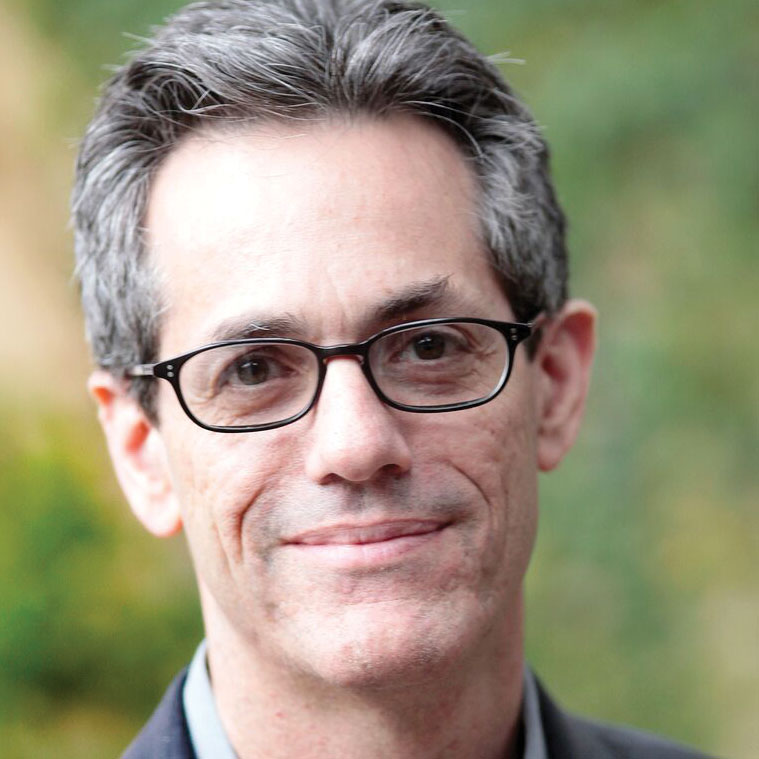The first weeks after the still surreal election of Donald J. Trump have provided precious little relief. The fears of many among the majority of Americans who voted against him remain alive, and justifiably so. I was joking with a friend last week about what a stroke of good fortune it would be if Reince Priebus were appointed White House chief of staff rather than Stephen Bannon. As if the selection of Priebus, who shares his friend Paul Ryan’s passion for gutting the Affordable Care Act and privatizing Medicare, would be good news! But it seemed far better than the prospect of the White House under the control of Bannon, a one-man wrecking crew of intersectionality who regularly spewed misogyny, racism and anti-Semitism.
Now it turns out that we won’t have to choose. We’ll have both Priebus and Bannon as competing centers of power in the Oval Office, each vying to satisfy the will of their boss. Competition of that sort can lead to inefficiency. But it also can be dangerous. The “functionalist” school of historians explains the evolution of the Nazi Final Solution against the Jews as the result of competition among state and party officials to satisfy the will of the Führer.
I must hasten to add that, while analogies to Hitler have been invoked, I do not find them appropriate here. For one reason, Trump appears to have no guiding ideology other than amour propre, self-love. By contrast, by the time Hitler wrote “Mein Kampf” while in jail after his failed Munich putsch of 1923, he had a well-developed ideology at whose center stood the Jew, whom he regarded as subhuman and worthy of removal from society.
But if that comparison seems inaccurate, for now at least, to what can we compare the unprecedented phenomenon of Donald Trump? During the election season, historians drew parallels between Trump and populist presidential candidates such as Andrew Jackson and Teddy Roosevelt, though both had far longer records of military and public service than Trump before assuming the Oval Office.
In more recent times, Trump’s inflammatory language bears some resemblance to that of segregationist George Wallace, who ran for president in 1968. Trump’s election also calls to mind that of Ronald Reagan, whose reputation as an intellectual lightweight and former B-movie actor strained the credulity of Democrats and even establishment Republicans, who were far more comfortable with Washington insiders such as Gerald Ford.
While these parallels are intriguing and invite us to travel down the byways of the American past, it may well be that the more appropriate comparison is to a contemporary figure not from this country. Numerous commentators already have noticed the resemblance between Trump and another “brash, bruising, billionaire businessman,” in journalist Roger Cohen’s alliterative phrase: former Italian Prime Minister Silvio Berlusconi. The two men made their first fortunes in real estate, expanded their empires through media investments, incurred along the way a roster of allegations of sexual transgressions, professed admiration for Vladimir Putin, and, remarkably, managed to portray themselves as voices of the people. Berlusconi deliberately fused business and political interests together in ways that Trump may find irresistible.
One feature of “Berlusconismo” that especially raises red flags is the former Italian politician’s fondness for fascist Benito Mussolini. While Berlusconi did condemn the infamous Italian race laws of 1938, he repeatedly expressed admiration for Mussolini, comparing himself to Il Duce as one who could make Italy function well and Italians feel proud of their country. Trump, for his part, was not prepared to dissociate himself from statements made by Mussolini nor from those of other hate mongers such as David Duke and the Ku Klux Klan.
Even more concerning is the re-emergence of elements drawn from the fascist playbook in American politics today: the concentration of hope and power in a single, all-knowing leader; veneration for a hyper-virile alpha male, of which the leader is the model; a mix of market capitalism and anti-internationalist trade protectionism; and appeals to an exclusionary, at times xenophobic, form of nationalism. Whether we choose to call this blend fascist or not, we see traces of it in TrumpLand. It already has spread its roots across the European continent, from Turkey in the east to Hungary and Austria in the middle to France and the United Kingdom in the west.
When one connects the dots, one begins to see the birth of a new political movement that seeks to unmoor itself from the moral constraints imposed on nationalism after the second world war. Local in origins and transnational in scope, it is an understandable reaction to the more destructive dimensions of economic globalization. To be sure, its American supporters are not all “deplorable.” But we should be vigilant. In the hands of a skilled marketer like Donald Trump, this new movement can shift from deplorable rhetoric to dangerous action. For those of us who have made the mistake of taking Donald Trump’s words literally but not seriously, we should heed author Masha Gessen, who draws on her experience as a Jew in Soviet Russia to warn: “Believe the autocrat” when he tells us what he wants to do.
David N. Myers is the Sady and Ludwig Kahn Professor of Jewish History at UCLA.























 More news and opinions than at a Shabbat dinner, right in your inbox.
More news and opinions than at a Shabbat dinner, right in your inbox.